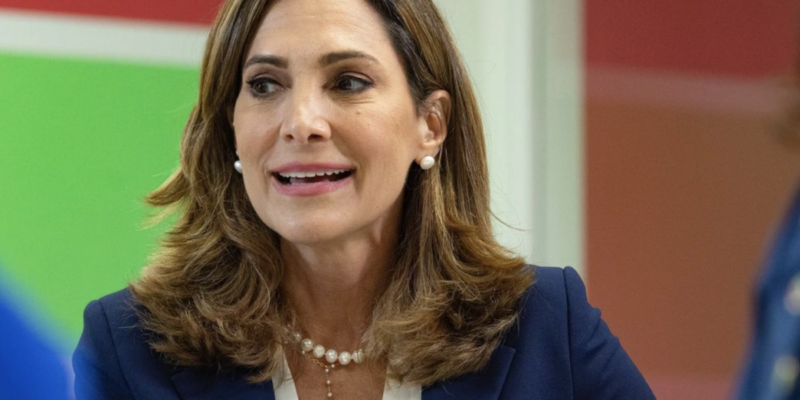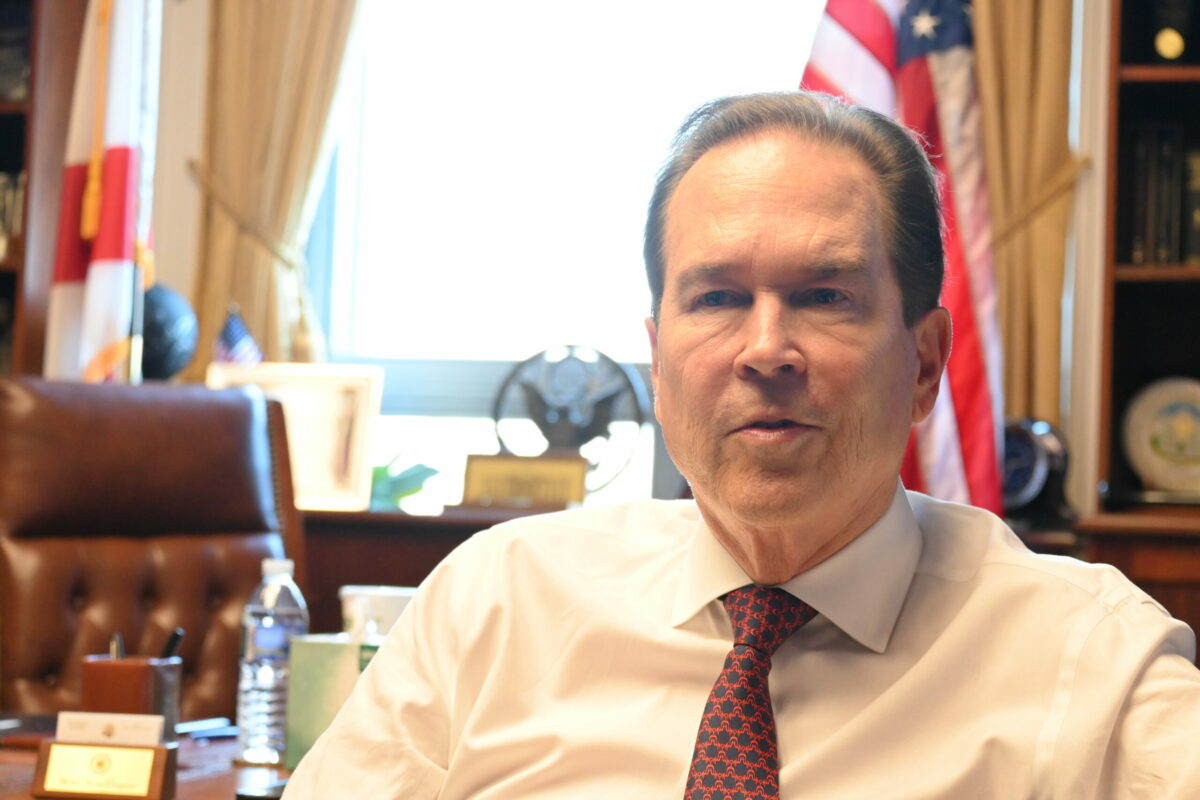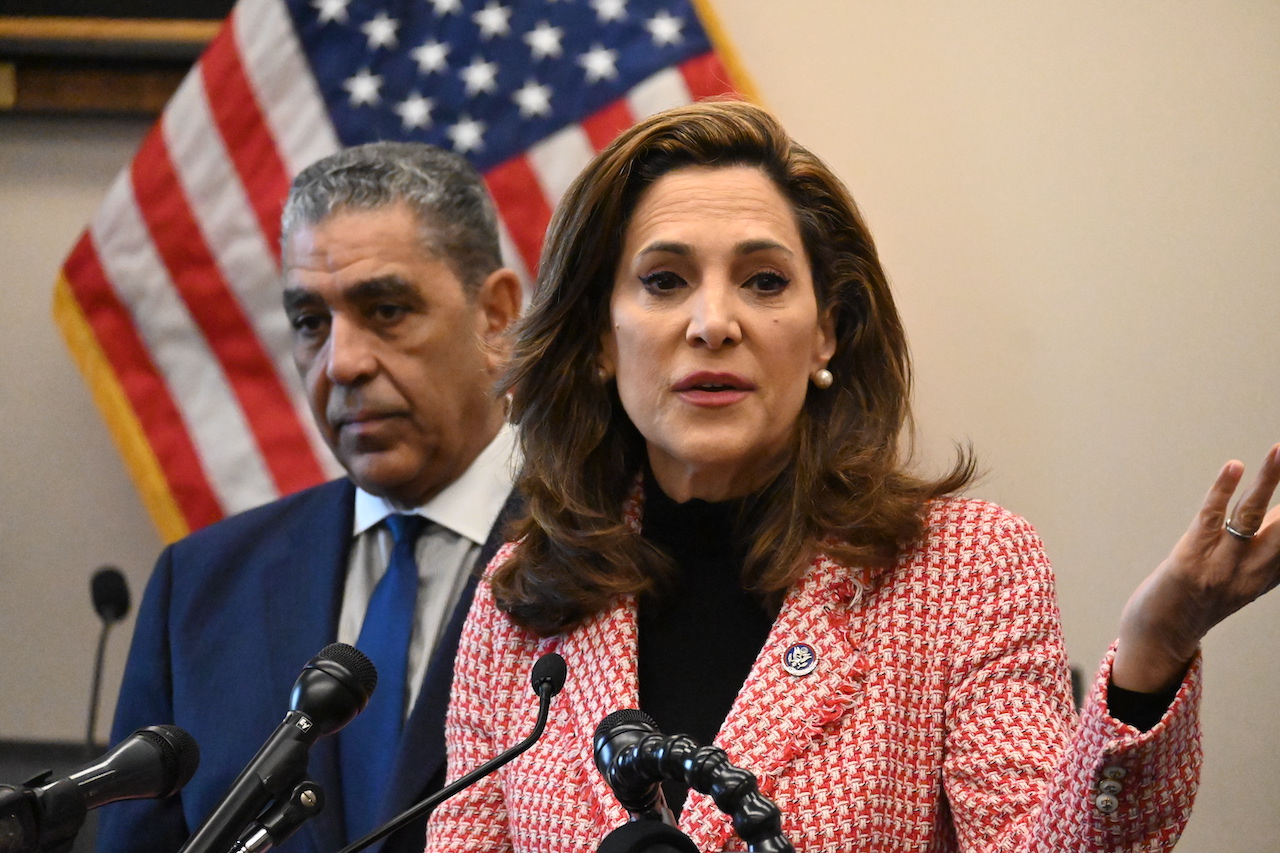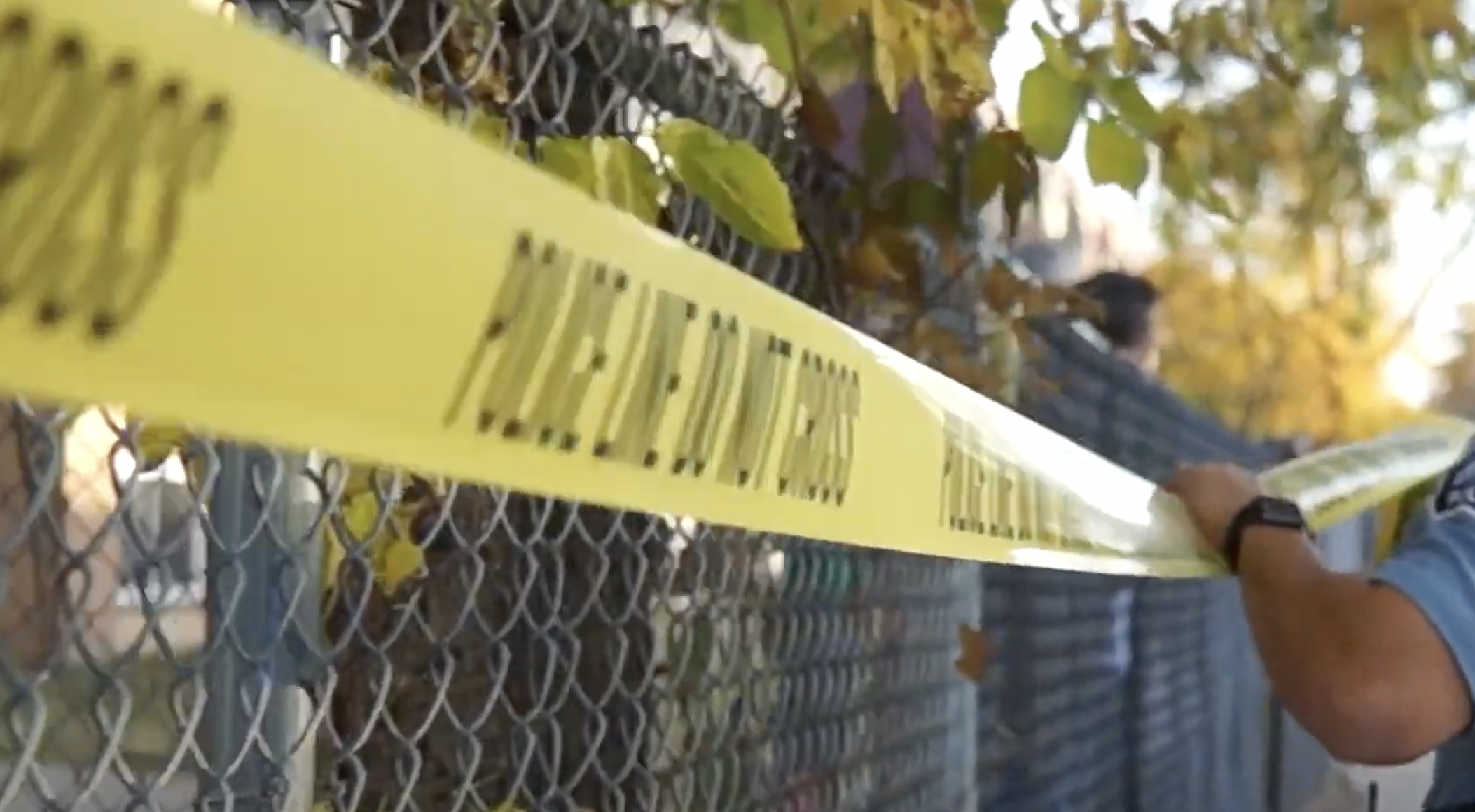A recently introduced bipartisan bill in the House of Representatives would criminalize ‘deepfake’ pornographic s ‘revenge porn’ publications.
Revenge porn, also known as non-consensual intimate imagery (NCII), has grown since the popularization of generative artificial intelligence (AI).
In response, a bipartisan group of legislators filed the Tools to Address Known Exploitation by Immobilizing Technological Deepfakes on Websites and Network (TAKE IT DOWN) Act.
Led by US Representatives Maria Elvira Salazar (R-FL), Madeleine Dean (D-PA), and Vern Buchanan (R-FL), the TAKE IT DOWN Act aims to install legal protections for revenge porn victims.
Besides criminalizing the publication of revenge porn, the TAKE IT DOWN Act also requires websites, including social media sites, to remove such content upon notice.
Sites would have 48 hours to remove the pornographic content or face penalties according to the Federal Trade Commission’s rules on unfair or deceptive trade practices.
Salazar commented on the urgency of the bill while presenting it.
“The alarming rise of deepfakes is threatening to destroy innocent individuals’ and families’ lives,” said Salazar. “Non-consensual deepfake imagery is a cancer that can no longer go untreated. The TAKE IT DOWN Act is the best way to hold online platforms accountable and protect victims of these horrendous crimes.”
Senator Ted Cruz (R-TX) is spearheading the Senate version of the bill.
Porn has faced a series of regulatory attempts during this Congress, as AI has added a new dimension to the sector.
Last May, Representative Anna Paulina Luna (R-FL) filed the House version of Senator Lee’s Preventing Rampant Online Technological Exploitation and Criminal Trafficking (PROTECT) Act.
The PROTECT Act would require pornographic websites to obtain age and identity verification of pornographic content creators as well as removing NCII upon notice.













